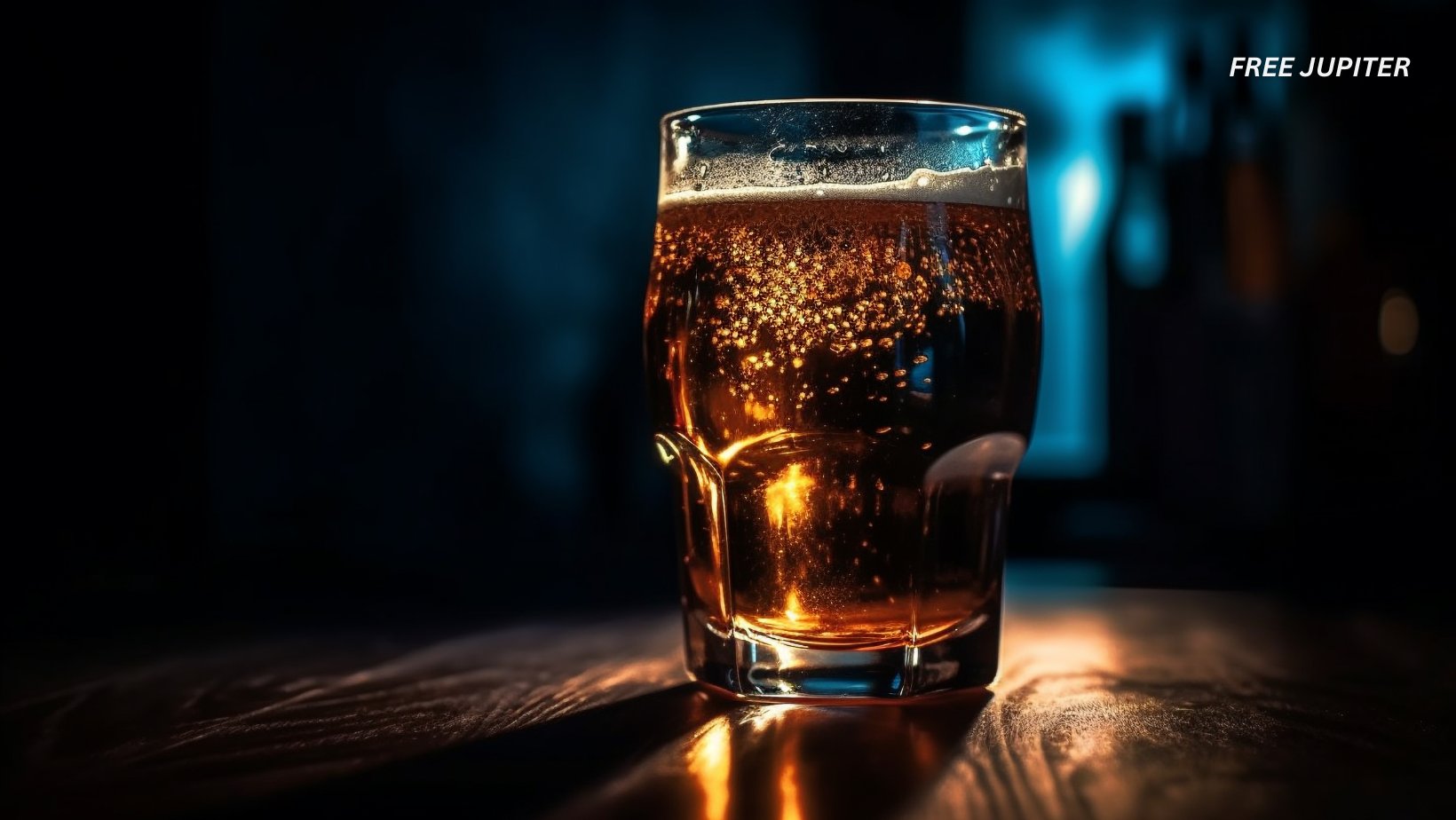For years, many of us have lived under the impression that a drink or two here and there—especially a nice glass of red wine—might actually be good for us. But new scientific findings are calling that long-held belief into question. Turns out, even light drinking may quietly chip away at our health and shave time off our lives.
A growing number of experts are urging people to rethink their relationship with alcohol—not because they’re being buzzkills, but because the data now paints a much clearer (and slightly more alarming) picture. One of the leading voices in this conversation is Dr. Tim Stockwell, who has spent years researching alcohol and its effects. His recent work reveals just how much even “moderate” drinking might be costing us.
Counting the Cost: How a Few Drinks Add Up Over Time
At first glance, an occasional drink might not seem like a big deal—maybe even part of a balanced social life. But when scientists began tallying up the long-term health impact of alcohol, the numbers painted a surprisingly stark picture. It’s not just the heavy drinkers who are at risk; even light, routine drinking seems to chip away at life expectancy like a slow-dripping tap eroding stone.
Dr. Tim Stockwell and his colleagues, leaders in alcohol research, translated these health effects into something we can all understand: lost time. Their findings don’t rely on vague warnings—they deal in cold, calculated estimates of how each level of alcohol consumption may shorten the average human lifespan.
Here’s what the research suggests:
- Two drinks per week, a level often dismissed as “harmless,” may still cost you three to six days of life. That’s nearly a week gone—not due to old age, but to routine sipping.
- Seven drinks a week—just one per day—could cut your life short by roughly 2.5 months. Think of that as skipping out on an entire summer.
- Thirty-five drinks a week, or about five per day, might take a staggering two years off your lifespan. That’s not just time lost—it’s potentially milestones missed, like weddings, birthdays, or years with your grandchildren.
Of course, these numbers are based on statistical averages, meaning your personal risk may vary. Genetics, overall health, diet, exercise, and even stress levels all play a role. But the broader pattern is hard to ignore: the more you drink, the more time you potentially lose.
What’s even more surprising is how these findings challenge past beliefs. For decades, moderate drinking—particularly of red wine—was thought to protect the heart. But as newer studies control for factors like income, diet, and lifestyle, those supposed benefits start to evaporate. In fact, the dose-response relationship between alcohol and early death is now well documented: risk increases steadily with every additional drink.
Put another way, there’s no safe threshold where alcohol flips from harmful to helpful. Even at low doses, it’s more of a trade-off than a benefit. And as those tiny sips accumulate across weeks, months, and years, they quietly whittle away at your lifespan.
Read more: The Effects Of Qutting Drinking Alcohol That No One Tells You About
Goodbye, Heart-Healthy Wine?
For a long time, red wine had a bit of a health halo, thanks to studies pointing to compounds like resveratrol—a type of polyphenol believed to benefit the heart. But recent research says the supposed benefits of red wine don’t make up for alcohol’s broader health risks.
The helpful compounds in red wine? You can also get those from grapes, berries, green tea, and even coffee—without the downsides of alcohol. So, if you’re sipping wine for your health, you might be better off swapping it for a fruit smoothie.
As Dr. Helen Croker from the World Cancer Research Fund (WCRF) puts it, the damage alcohol does far outweighs any benefit it might have.
Alcohol and Cancer: A Toxic Connection
One of the most serious concerns about alcohol is its link to cancer—a connection that’s no longer up for debate. When your body processes alcohol, it turns it into a chemical called acetaldehyde, which is toxic and can damage your DNA. Over time, this damage can lead to mutations that trigger cancer.
Some of the body’s most affected areas include:
- Mouth and throat, where alcohol makes direct contact
- Liver, which has the tough job of filtering alcohol out of your blood
- Colon and rectum, especially when drinking becomes a habit
According to Dr. Harriet Rumgay of the World Health Organization:
- Drinking two pints a day raises the risk of mouth or throat cancer by 94%
- The same level of drinking boosts liver cancer risk by 84%
- Even just one drink a day increases the odds of bowel cancer by 17%
And no, switching to lighter cocktails or “healthier” alcohol doesn’t change this risk.
Read more: Doctors Say These 9 Hidden Drinking Patterns Are More Dangerous Than Binge Drinking
Why Men Have a Harder Time Cutting Back
Research also points to another interesting pattern: men, on average, tend to struggle more with cutting down on alcohol. Why? A mix of social expectations, peer pressure, and outdated ideas about masculinity.
Professor Richard Cooke of Staffordshire University has looked into the psychology behind male drinking habits. In a recent survey by WCRF:
- 1 in 4 men said they feel judged or “boring” when they say no to drinks
- 1 in 5 admitted to calling in sick after drinking during the week (compared to 1 in 10 women)
- Half of the men surveyed said they make excuses to avoid drinking instead of being honest about wanting to cut back
Cooke suggests focusing on personal motivations—like feeling more clear-headed, being a better parent or partner, or avoiding those dreaded hangovers—as ways to make more mindful choices.
Smart Swaps and Practical Tips
You don’t need to go cold turkey to make a big difference. Here are a few clever strategies suggested by health experts for drinking less without feeling left out:
- Try low- or no-alcohol versions of your favorite drinks—they’re getting better and tastier every year.
- “Bookend” your night with non-alcoholic options at the start and end.
- Space out your drinking days instead of saving it all for the weekend.
- Track your units with an app—you might be drinking more than you think.
These small shifts can protect your health without requiring a complete lifestyle overhaul.
Read more: 9 Subtle Warning Signs Someone Might Be a High-Functioning Alcoholic
The Big Picture: Every Sip Counts
What makes alcohol tricky is that its effects build slowly over time. Even if you don’t drink much, the habit can gradually increase your risk of disease and early death.
For men over 40, who often juggle stress, weight gain, and aging bodies, alcohol’s toll can sneak up faster. But it’s not just about gender—these risks apply to everyone. And while the occasional toast or celebratory drink probably won’t hurt you, making lower consumption the norm rather than the exception can offer big health payoffs in the long run.
So, next time you raise a glass, think about what you’re gaining—or losing—with each sip. More and more, scientists are saying: less is better, and none might be best.
Featured image: Freepik.
Friendly Note: FreeJupiter.com shares general information for curious minds. Please fact-check all claims and double-check health info with a qualified professional. 🌱










